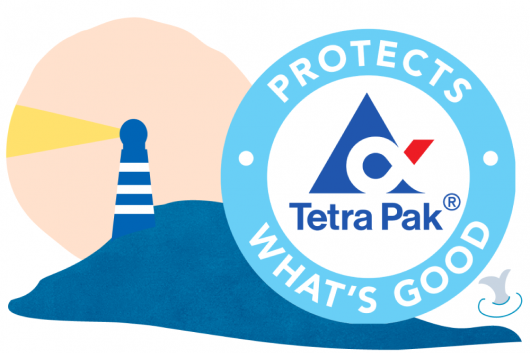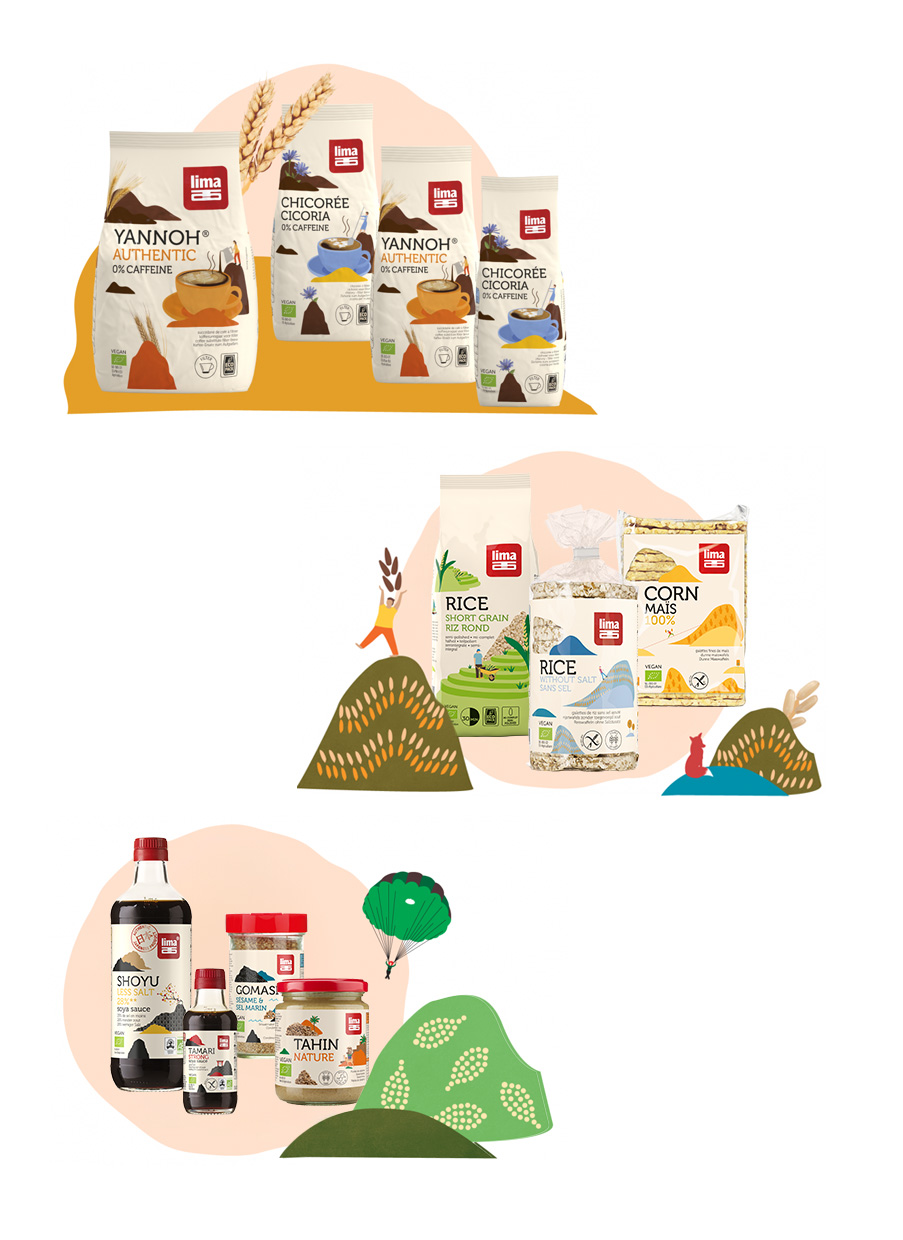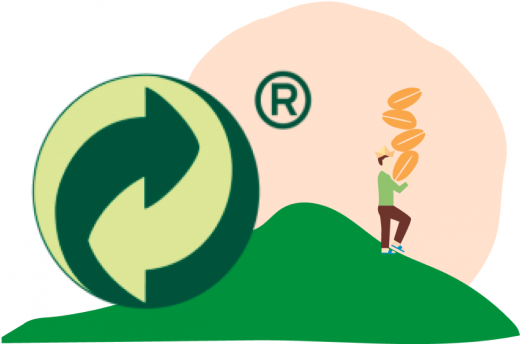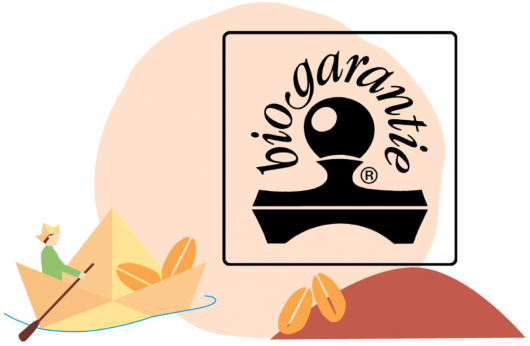Tetra Pak® Plant-Based Packaging
We fill our plant-based drinks and cuisines in “plant-based” Tetra Pak® packages, which means that the screw cap is made from 100% sugar cane, while the carton is made from 88% renewable, plant-based raw materials. Compared to the standard “Tetra Brik® Aseptic 1000 Edge”, 20% less CO2 is emitted during the production of our beverage cartons. Renewable raw materials are better for the climate: they absorb CO2 from the atmosphere. Our Tetra Pak® packaging is made from wood fibers and plant-based plastic from sugar cane, two renewable raw materials. The screw cap is made entirely from sugar cane.
The origin of these raw materials is traceable: The Tetra Pak® packaging* we use for our plant-based drinks comes from sustainably managed forests, certified by the Forest Stewardship Council® (FSC®). This enables us to ensure that the raw materials used for our packaging are not only renewable but also sourced in an environmentally responsible way. The renewable closure is Bonsucro-certified. By using certified plant-based plastic, Bonsucro supports the sustainable production of sugar cane.
*Tetra Brik® Aseptic biobased 1000 Edge with LightWing 30


Compostable, Recyclable and Renewable materials
Our rice packaging, along with our Shiitake, Sea Spaghetti, Nori, and Wakame packaging, are all home compostable. You can easily compost these packages in your own garden alongside fruit and vegetable waste. Similarly, our tea comes in compostable packaging. The foil surrounding the box and the tea bag (without staple) are compostable at home, preserving the aroma of the tea. Additionally, the cardboard box is recyclable.
Our rice syrup is packaged in a bottle made from 100% vegetable HDPE, significantly reducing its CO2 footprint compared to fossil HDPE (nearly 90% difference). This packaging is recyclable.
The bags for our coffee substitutes (Chicory 250 g & 500 g, Yannoh filter 500 g & 1 kg) are crafted using 60% renewable vegetable materials. This packaging is also recyclable.
We utilise recycled cardboard exclusively for our cartons, though not for direct product packaging. Recycled cardboard may contain mineral oils from inks, glue, and other elements, which can potentially migrate into the product. Therefore, recycled cardboard is only used when products are adequately protected against migration, such as when wrapped in aluminium foil.
Products wrapped in foil (rice cakes, grains, and noodles, for example) are packaged using PP polypropylene or PE polyethylene, chosen for their neutrality and effective moisture barrier, ensuring product preservation. These bags and foils are also recyclable.
Our glass bottles and jars are recyclable. It's important to separate coloured and non-coloured glass for recycling purposes, as non-coloured glass can be recycled into non-coloured glass, while coloured glass retains its colour. Additionally, using recycled glass in production can sometimes result in 25% less energy consumption compared to using raw materials.


